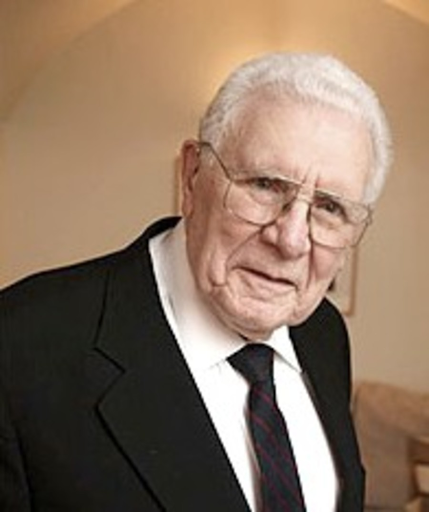Russell L. Ackoff: Pioneer of Systems Thinking and Optimist in Human Potential
Russell L. Ackoff: Pioneer of Systems Thinking and Optimist in Human Potential
Russell L. Ackoff (1919-2009) was a prominent American organisational theorist, professor, and philosopher who helped pioneer the field of systems thinking. He advocated systemic, participative, and humanistic approaches to organisations and society.
Pioneering Systems Thinker
Ackoff was a professor at the Wharton School of Business for over 30 years and became one of the leading voices in systems theory. He focused on viewing organisations and problems as complex systems rather than isolated parts. Some of his major contributions include:
- Developing the concept of systems thinking and the shift towards holism rather than reductionism
- Co-founding the systems theory field and the systems view of organisations
- Creating “interactive planning” for participative organisational design
- Applying systems thinking to social issues like crime, education, and poverty
- Authoring definitive works on systems concepts like emergence, viability, hierarchy, and purposeful systems
- Bringing systems ideas to wider audiences in accessible books and lectures
Ackoff promoted a systemic worldview that revolutionised how businesses, societies, and people could be understood and how they should be organised.
A Humanistic Systems Worldview
While pioneering complex systems ideas, Ackoff remained focused on human potential and dignity. He criticised mechanistic views of humanity predominant in management theory and advocated for applying systems thinking to empower individuals. Some of his key humanistic beliefs included:
- Seeing people as purposeful agents capable of self-actualisation, not just as reactive parts.
- Believing human potential is largely unrealised in modern society.
- Blaming systemic issues, not people, for social problems and inadequacies.
- Arguing people should be treated as ends, not means-towards-imposed-goals.
- Advocating redesigning systems to allow self-determination, and realise creativity.
- Criticising reductionist views of people that ignore consciousness and choices.
- Promoting participative, democratic systems where people determine their own goals.
Ackoff wanted to promote freedom, ethics, and human flourishing through his systems worldview. He exemplified using systems thinking to empower, not dehumanise.
Legacy and Impact
Ackoff left behind profound and lasting impacts on systems theory, organisational development, and the application of systems ideas for positive change. His humanistic belief in human potential shone through his rigorous systems concepts. Ackoff successfully integrated the analytical and the humane. His systemic yet optimistic views of people and organisations continue to elevate discussions of how to understand and improve society.


Pingback: Fix The System Problem, Not The People Problem – Paul Taylor
Hi Paul, ta for the mentions. 🙂
PS See also: /2013/11/15/the-people-vs-system-conundrum/